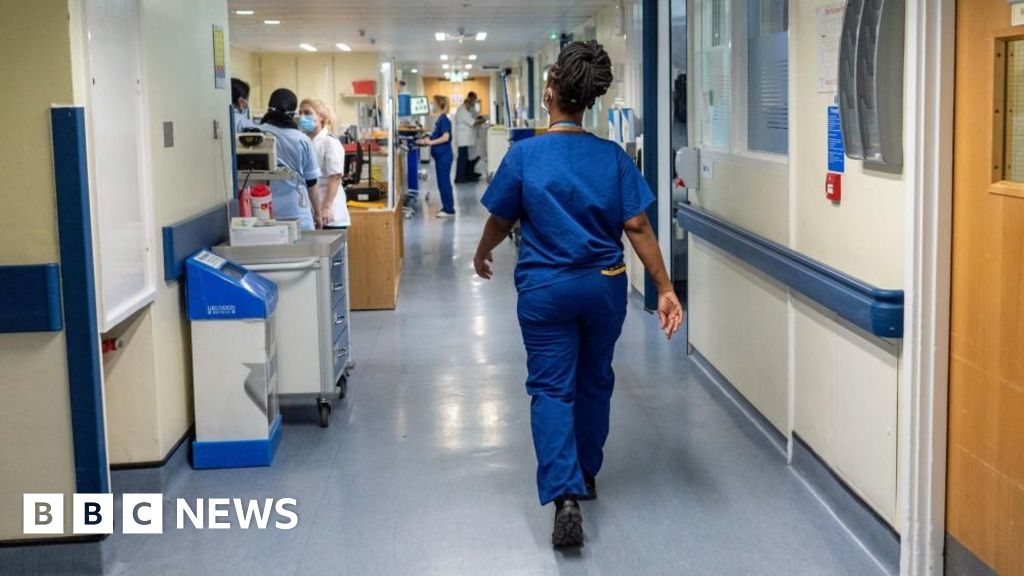CNA Newsroom, Aug 16, 2024 / 20:01 pm
The Supreme Court on Friday rejected the Biden administration's request to partially enforce the government's new Title IX rules, allowing the regulations to be blocked in their entirety as disputes over transgender-related provisions play out in lower courts.
Several lower courts have already blocked the controversial new Title IX regulations first issued in April. The new regulations radically redefined long-standing federal sex discrimination policy under federal Title IX provisions, rewriting “sex discrimination” under Title IX to include protections for “gender identity.”
The rules have been blocked in more than two dozen states so far. U.S. Solicitor General Elizabeth Prelogar had asked the Supreme Court to allow other parts of the law to go into effect while litigation played out concerning the more contentious portions related to gender ideology.
Yet the Supreme Court indicated on Friday that the entirety of the new Title IX regulations could be too interrelated to allow for separate treatment of different provisions.
The government "has not provided this Court a sufficient basis to disturb the lower courts’ interim conclusions" blocking the new rules as a whole, the court's majority opinion said.
In a partial dissent, Justices Sonia Sotomayor, Elena Kagan, Ketanji Brown Jackson and Neil Gorsuch argued that it was "overbroad" to block the entirety of the Title IX rules.
The wholesale block "appears to go beyond what was necessary," Sotomayor wrote in the dissent.
The new rules, which were scheduled to go into effect on Aug. 1 nationwide, in part redefine the prohibition on sex discrimination for schools and education programs that receive federal funding — including K-12 schools and colleges and universities.
Under the new interpretation of the Title IX protections, those rules now apply to any form of discrimination that is based on a person’s self-asserted “gender identity.”
The new rules prohibit any policy or practice that “prevents a person from participating in an education program or activity consistent with their gender identity.”
 (1).png)
 4 months ago
17
4 months ago
17



















